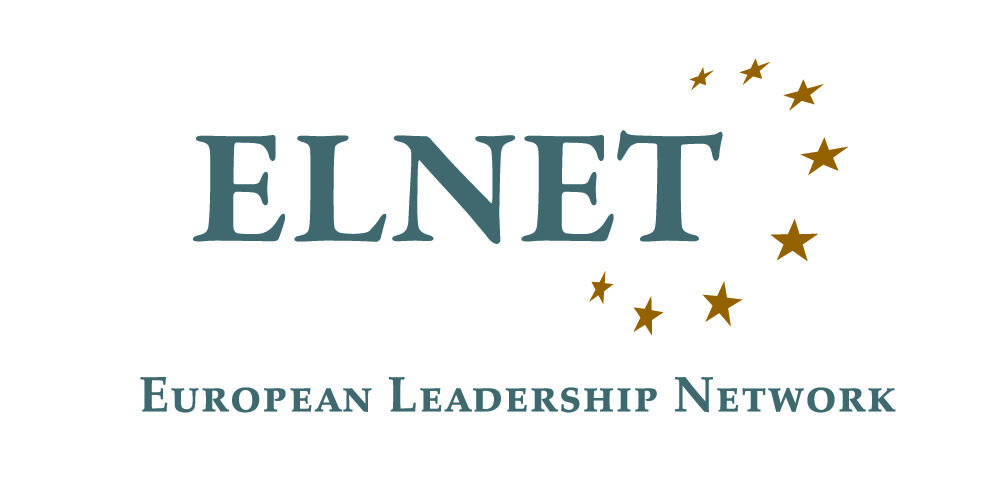The European Leadership Network (ELNET), ELNET’s Forum of Strategic Dialogue (FSD), and the Federal Academy for Security Policy (BAKS), brought together senior policymakers and experts from Germany and Israel.

The dialogue addressed the following topics: “One Year after October 7: The War and its Impact on Israeli-German Relations;” “The Israeli-Palestinian Conflict: Most Realistic Options for Creating a Horizon for Peace;” “The Future of Israeli-Arab Normalization;” ending with a fire side chat on the topic of “Climate Cooperation within the Framework of the Abraham Accords.” All discussions were held under the Chatham House rule and remain entirely discrete.
The forum included senior representatives from the Ministry of Foreign Affairs, Ministry of Defense, Ministry for Digital and Transport, advisors, members of parliament, senior experts from think tanks, former diplomats, academicians, and journalists from Israel and Germany.

Executive Summary
- Germany’s consistent support for Israel since October 7 has strengthened bilateral relations, though challenges persist due to international criticism of Israel’s military campaign. Israeli participants urged greater German support in countering disinformation and addressing biases in international organizations, like in the UN.
- Economic development in the Palestinian Territories requires ideological and political reforms. Lessons from post-World War II denazification and the Marshall Plan highlight the need for substantial change and investment to stabilize the weak Palestinian Authority, with European and Arab states best positioned to lead these efforts.
- While Israel advocates reducing UNRWA’s role due to ties to Hamas among its staff, German participants raised concerns about the humanitarian impact and the feasibility of transferring all responsibilities to other agencies. Nonetheless, reforms are widely acknowledged as necessary.
- Israel’s post-October 7 security priorities focus on eliminating Hamas and Iranian proxies near its borders through a dual approach: locally securing Gaza and the West Bank and regionally countering Iran’s broader influence. Key security partners include the U.S. and European allies, tasked with pressuring Iran. Cooperation focused on border security could involve Arab states and EU missions like EUBAM Rafah.
- The Abraham Accords showcase potential for regional cooperation in economic, defense, environmental, and technological sectors. Security interests are clearly in favor of the new partnership on both sides. However, the war and leaving the Israeli-Palestinian conflict unaddressed creates risks. Already, Israel’s new and potential partners hedge their bets by also normalizing relations in other directions.
- Expansion of normalization efforts between Israel and Arab states, particularly with Saudi Arabia, are seen as vital for regional stability. However, Saudi Arabia’s demands—progress on Palestinian statehood, U.S. defense guarantees, and advanced weaponry— and its criticism of Israeli military actions present significant challenges.
- Climate change challenges in the Middle East offer opportunities for regional cooperation in energy, water, and green technology. Germany can foster partnerships and host conferences to advance integration efforts.

Conclusions and Recommendations
- The Israeli government must set out a credible plan for the governance of the Gaza Strip that aligns with European and Arab allies.
- Israel must address the damage to its international reputation in substantive terms.
- Germany, together with European and Arab allies should take the lead on meaningful reform of the Palestinian Authority, which is necessary for it to play a future role in Gaza or in wider peace and stabilization.
- Israelis and Europeans need to come together to address the questions of UNRWA. Whilst Germany and other European states must engage with UNRWA’s flaws, Israel must address how UNRWA’s functions will be replicated when its new legislation kicks in.
- Israel and its Western allies must contend with the “multi-alignment” strategy of Gulf states.
- To maximize the potential for deeper security cooperation with European allies, Israel should more clearly align itself in the “Western” camp in opposition to Russia.
- The potential for expanding normalization has not been lost, but Israelis need to face up to the firm linkage created by Saudi Arabia between normalization and Palestinian statehood.
- Europeans and moderate states in the region share a huge interest in the Trump administration staying engaged in regional normalization, including with security commitments. Germany should consider with other Europeans what incentives they can offer all sides to return to the path of normalization.
- Consensus needs to be built between European states, regional actors and the Trump administration on a coordinated and coherent strategy to stop Iranian nuclear breakout.
- Renewed normalization will unlock immense potential for cooperation in energy transition and climate change adaptation between Middle Eastern states, and between the Middle East and Europe


